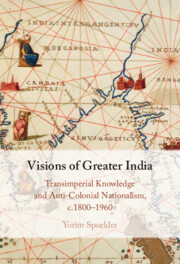The League Against Imperialism (LAI) was an international organization active from 1927 to 1937 that brought together communists, socialists, nationalists, trade unionists, and pacifists in order to coordinate their myriad ‘assaults against empire’. Founded with the support of the Communist International, the LAI at its peak had a membership of several hundred people, from every inhabited continent, among them prominent interwar activists and future heads of state. The organization aspired both to become an international movement and to coordinate specific instances of mass struggle. Exploring both aspects shows how the LAI interwove the global and the local in interwar anti-imperialist movements. This article draws from recent work on interwar anti-imperialism and internationalism as well as work on struggles for economic sovereignty in the 1960s–70s to argue that a critical aspect of the LAI’s anti-imperial politics concerned the relationship between political independence and the world economy. Through an examination of LAI members’ writings and public addresses, we can observe this relationship through the staging of their own claims for self-rule and control over land, labour, and resources.
